Liquid Fuels as Jet Fuels and Propellants: A Review of their Productions and Applications
In recent years, it has been important for scientists and chemical industries to introduce and develop new liquid fuels as jet fuels and propellants for propulsion purposes. Different aspects should be considered for the selection of a good candidate such as combustion performance, desired physical properties, noncarcinogenic and less toxicity. New synthetic hydrocarbon fuels with favorable combustion performance and physical properties have been considered as desirable jet fuels. They can be used in aircrafts such as military jets because of their higher volumetric energy density. A liquid-propellant rocket uses liquid propellants for propulsion. Liquid propellants should have the desirable properties of high energy density per unit mass, high specific impulse, and short ignition delays. Hypergolic propellants as important classes of liquid propellants are characterized by spontaneous reaction upon fuel and oxidizer mixing and high energy yield. Moreover, they should be relatively ignitable and have a small ignition time delay. This book reviews some efforts that have been done to introduce new candidates to replace conventional hydrazine fuels because they are acutely toxic and suspected carcinogens, costly safety precautions and handling procedures are required. This book reviews the latest advances in liquid fuels, which may be used as jet fuels and liquid propellants. Important properties for assessment of a suitable liquid are demonstrated. This book can be used for graduate students in the field of chemistry and chemical engineering. It may also be useful for scientists and researchers who work on the development of new liquid fuels with high performance as well as those that are noncarcinogenic or have less toxicity.
{{comment.content}}
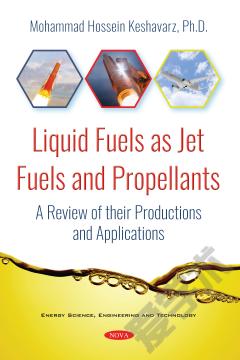
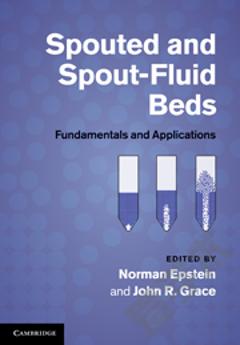
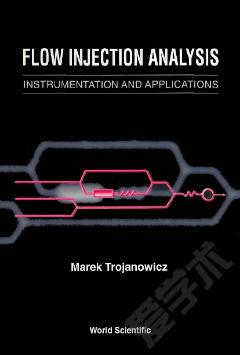

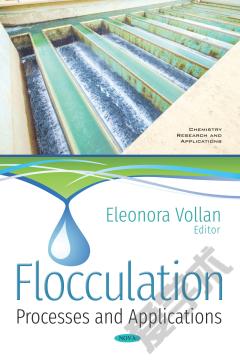

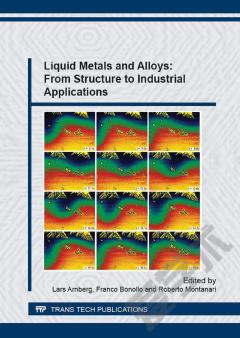

 京公网安备 11010802027623号
京公网安备 11010802027623号